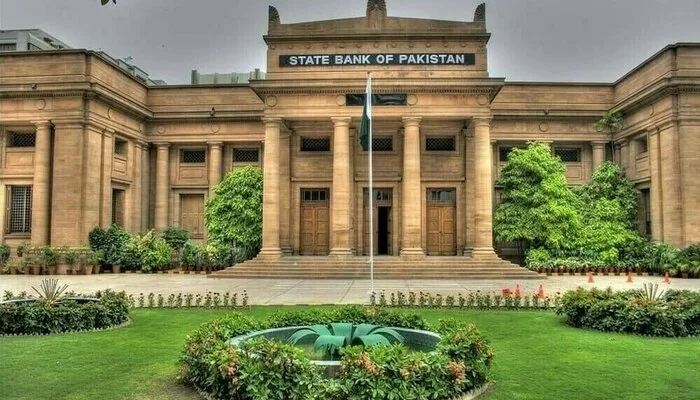
The Federal Board of Revenue (FBR) has officially brought online shopping within the tax net under the Finance Bill 2025-26. According to The News, this significant move aims to regulate the growing e-commerce sector and ensure tax compliance from digital marketplaces, payment intermediaries, and courier services involved in the sale of goods and services ordered online.
The newly introduced Section 165C outlines that every payment intermediary and courier service involved in facilitating digital sales must now deduct tax under sub-section (2A) of section 153 of the Income Tax Ordinance. These entities are required to file a quarterly withholding statement with the tax commissioner, providing detailed information on all sellers and transactions handled during each quarter of the fiscal year.
This step reflects the government’s broader agenda to expand the tax base, increase documentation of the economy, and bring transparency to digital financial flows, especially as e-commerce continues to grow in Pakistan.
Read: Govt Targets Non-Filers With Strict Tax Measures in Budget 2025-26
Marketplaces and Couriers
Under the proposed law, payment platforms and courier services must report several key data points for each transaction. These include the name, NTN or CNIC, and address of each seller, the transaction date and invoice number, the total value of the transaction, and the tax amount deducted before payment to the seller. The format of these reports will be officially prescribed by the FBR.
In addition to quarterly reports by intermediaries, all online marketplaces operating in Pakistan will now be required to submit a monthly statement. This statement must list the name, address, Sales Tax and Income Tax registration number of every vendor using the platform, along with details of their monthly turnover and the total amount deposited into their bank accounts for each month.
The goal is to ensure e-commerce vendors pay their fair share of taxes and are held accountable for their digital sales.
Wider Tax Compliance Framework to Apply
According to the bill, all provisions of Section 165 — except sub-sections (1), (1A), and (6) — will apply to the new digital tax system. These include provisions for the due date of filing withholding statements, the possibility of revising submitted statements, the commissioner’s power to call for specific data, and procedures for filing annual withholding statements and reconciling them with annual tax returns.
The inclusion of e-commerce in the formal tax framework marks a critical shift in Pakistan’s tax policy, pushing for greater transparency and regulation of the rapidly expanding digital economy. FBR officials have expressed that this step will not only boost national revenue but also create a level playing field for brick-and-mortar businesses that already operate under tax obligations.
Follow us on Facebook and Instagram
















